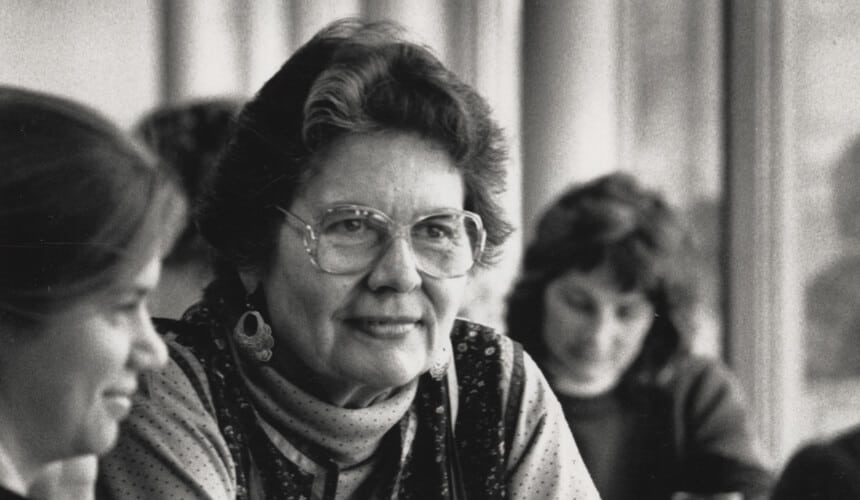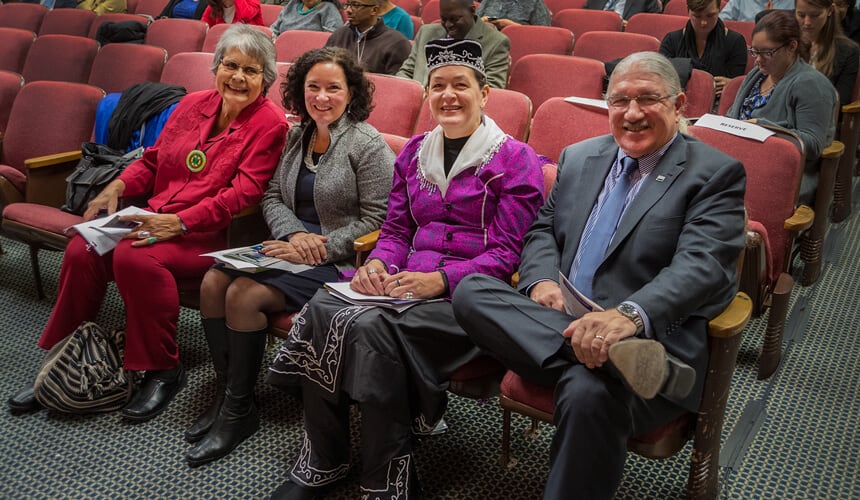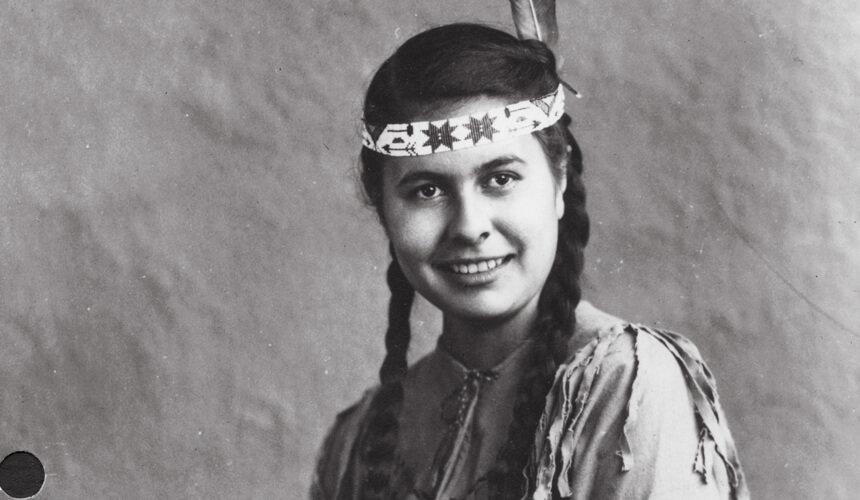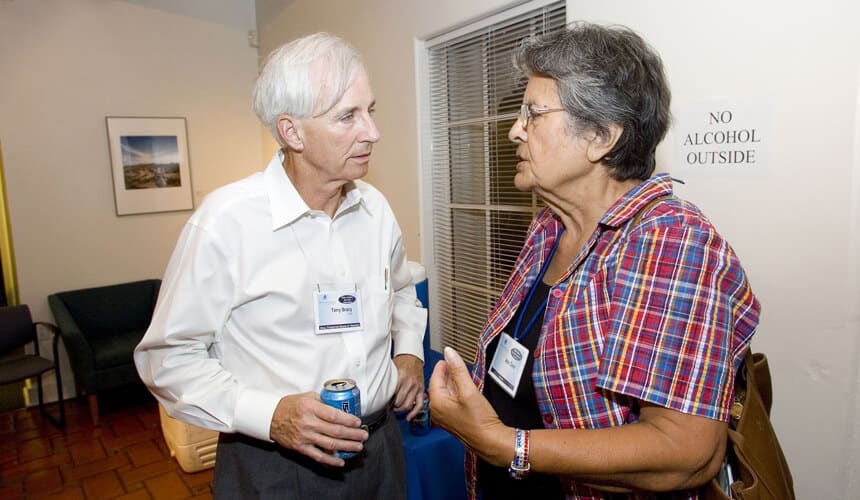Ada Deer
Ada Deer inspires a legacy of justice
For her first 18 years, Ada Deer BA1957 and her family lived in a log cabin on the Menominee Indian Reservation in Keshena, Wisconsin. Inspired in part by her mother’s activism on behalf of her tribe, Deer left the reservation when she earned a scholarship to UW-Madison.
“I remember early in my life, my mother would say, ‘Ada Deer, you are an Indian and you were put on this planet for a purpose,’ ” Deer says.
As an undergraduate, she was inspired by the nascent civil rights movement and by speakers like Martin Luther King Jr. and Eleanor Roosevelt.
Deer’s dedication to social work propelled her storied career of “firsts,” including her achievements as the first Menominee to earn a UW–Madison undergraduate degree and the first Native American to earn a master’s in social work from Columbia University.
In the late 1960s, Deer organized a grassroots movement to restore federal tribal status to the Menominee. Her lobbying in Washington, DC, led to the 1972 signing of the Menominee Restoration Act — a hallmark of Deer’s advocacy for American Indian rights.
From The Park
I want to show people who say nothing can be done in this society that it just isn’t so. You don’t have to collapse just because there’s federal law in your way. Change it!
Source: Used by permission of copyright holder.
In each of her historic firsts, Deer sought change through the art and science of social work and politics. She ran for Wisconsin secretary of state for a seat in the U.S. Congress. She was the first woman appointed as assistant secretary of Indian affairs for the U.S. Department of the Interior, and from 1993–97, she served more than 550 tribes as the first Native American woman to head the Bureau of Indian Affairs. Honoring her commitment and advocacy, the Menominee Tribe in Wisconsin named Deer its first chairwoman.
At UW–Madison, Deer taught for many years in the School of Social Work, and directed the American Indian Studies Program from 2000 to 2007. Even in retirement, her legacy of social justice grows through her service, influence, and respect for higher education.
“Each of us needs to pay our rent on the planet every day. I like that, because we have all this surrounding us,” Deer told the School of Social Work. “We have this great university, this beautiful land in Wisconsin – it’s truly a blessing.”
 -1° F
-1° F


